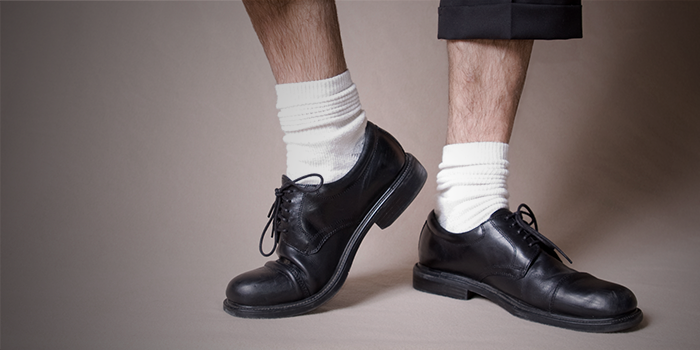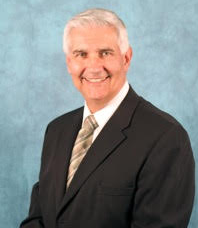
Student preparation for the first concert of the year can be stressful. Every director, new or seasoned, feels the pressure to fully prepare the music and make it concert-ready. As the day of the concert approaches we’ll occasionally find ourselves wide awake in the middle of the night, haunted that we’ve forgotten some crucial detail. Today I’d like to share a few tips, which I found successful in my concert preparation, to ease the stress and help you best prepare your students.
Each year I issued a handbook at the beginning of school. It included performance dates, expectations, and dress codes for the various concerts. Using the handbook, parents become familiar with the procedures and expectations. As the concert grew closer, I would send notices home via flyers and/or emails.
Dress Code
While being sensitive to how quickly children grow, I asked parents to dress students appropriately. This meant, more or less, that they were to wear their Sunday best. Of course things have changed drastically over the years, so you may have to be more to the point. For example I might recommend that girls wear a dress or slacks and a blouse or sweater. Boys might wear slacks, such as khakis, a polo or dress shirt, and an optional tie. For both, hard-soled (or dress) shoes are preferred.
Even if you specify black pants and black shoes, do not assume that students will also arrive in black socks. Be very specific on what you expect to see, including sock color, if applicable. While limiting clothing colors to black and white can produce a pleasing, uniform appearance, for a holiday/winter concert, I might give the students a chance to dress more colorfully.
In a recent post on preparing for contest, Laura Vaughan offers some tips that are also applicable for concert attire. Following her advice you might carry a supply of black socks, shoes, pants and dresses, as well as a sewing kit, to be prepared for any mishap. Many appropriate clothing items can be acquired inexpensively at second-hand stores.
In today’s society, and in the interest of being politically correct, it may be difficult to enforce a dress code. In some areas, jeans are considered acceptable “dress” clothes and I appreciated that parents may not be able to afford more. While I would typically be more lenient with younger grades, my older students were not allowed to perform if they arrived without appropriate attire. Use your best judgment, tread lightly when necessary, and make sure to cover all such policies in a written form of communication.
Concert Behavior
I expected nothing but the best concert behavior from my students. This was made clear from day one. I asked my students to act professionally from the time they entered the stage to the end of the performance. This meant no waving or responding to people calling their names, no talking during any performance (whispering was allowed between pieces), and ensuring that all restroom needs were addressed before being seated.
I was also clear in my expectations of conduct by family members and friends. I would ask students to remind their guests that sporting events and concerts are very different activities, requiring different audience behavior! It irks me to attend a concert and see parents be disrespectful by yelling, using their phones, etc. When directors and students work hard to prepare the program it’s vital that the entire audience listens to their accomplishments.
Behavior Consequences
I controlled talking and inappropriate behavior by documenting any occurrence. Either I or another faculty member would write down student names. The next day I’d address conduct issues with a consequence, often a deduction of concert points. All performances were worth 100 points. I would make deductions for failure to attend, poor conduct, inappropriate attire, tardiness, as well as for arriving without your instrument, sheet music, or other required supplies.
Adult Supervision
In situations where more than one group was performing, I made it a point to sit with my students. If this wasn’t possible I would have an assistant or parent volunteer sit with them. In these situations, it’s important to choose adults that know your expectations and will not hesitate to address any negative behaviors.
In a performance hall with limited space, I would have non-performing students wait in a nearby rehearsal room or classroom. Again, anytime you are unable to remain with the group, make certain they remain supervised.
Other Preparation
The key to a successful performance is to preparing for every aspect. Start early and repeat often.
Rehearsals are a great place to practice concert etiquette. This can include, but is not limited to:
- Posture
- Standing and sitting
- Taking a bow together
- Entering and leaving the performance site
- Remaining quiet between numbers
Of course, last but not least, rehearsals are also the place to prepare the music. I often found that Fridays were a great day to run through concert program material.
With planning and practice, your students can be very professional in their presentation, and your performance will be enjoyed by all.
 A veteran of 27 years of successful teaching in public schools, Joseph Pappas currently serves as adjunct professor at Jefferson College in Hillsboro, MO., and Southeast Missouri University, Cape Girardeau, MO. A winner of multiple Teacher of the Year awards, in 2016 Mr. Pappas received the Outstanding Music Educator Award for Missouri from the National Federation of High Schools and was elected to the St. Louis Music Education Hall of Fame.
A veteran of 27 years of successful teaching in public schools, Joseph Pappas currently serves as adjunct professor at Jefferson College in Hillsboro, MO., and Southeast Missouri University, Cape Girardeau, MO. A winner of multiple Teacher of the Year awards, in 2016 Mr. Pappas received the Outstanding Music Educator Award for Missouri from the National Federation of High Schools and was elected to the St. Louis Music Education Hall of Fame.
A prolific composer of more than 200 compositions, he devotes most of his time to composing and working as an educational consultant and publishing editor for his own company, JPM Music Publications, which he started in 1992.